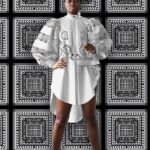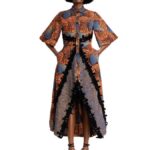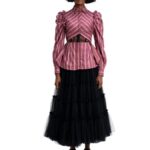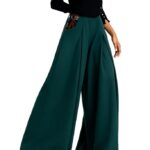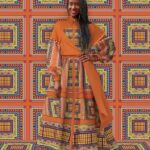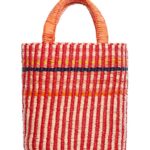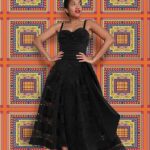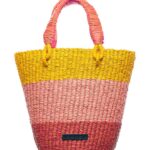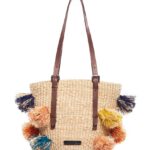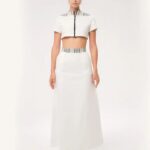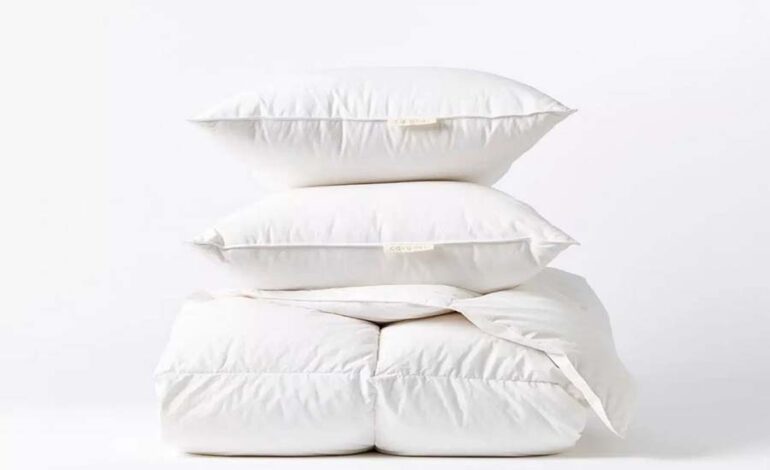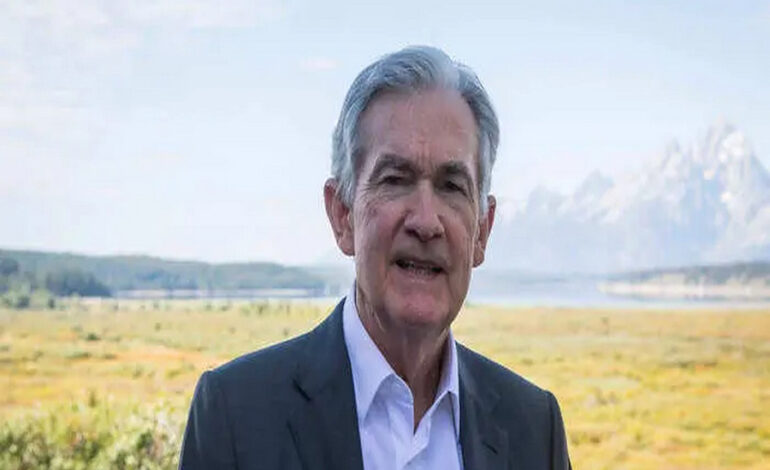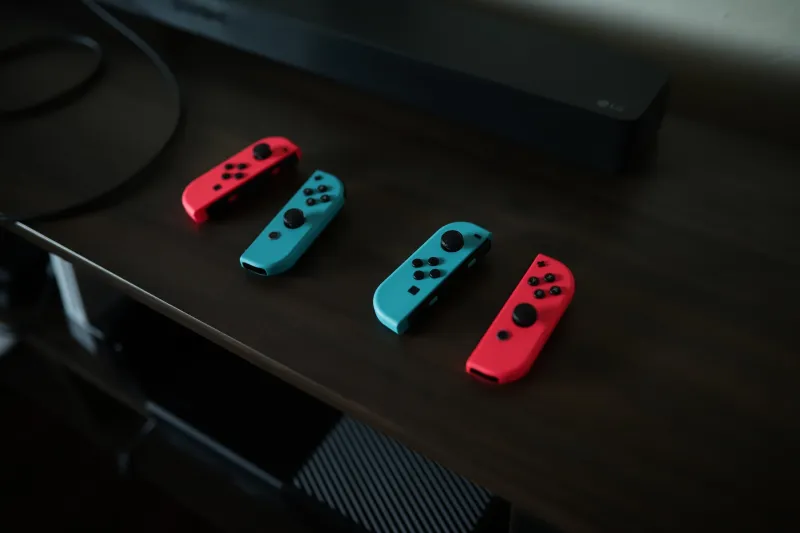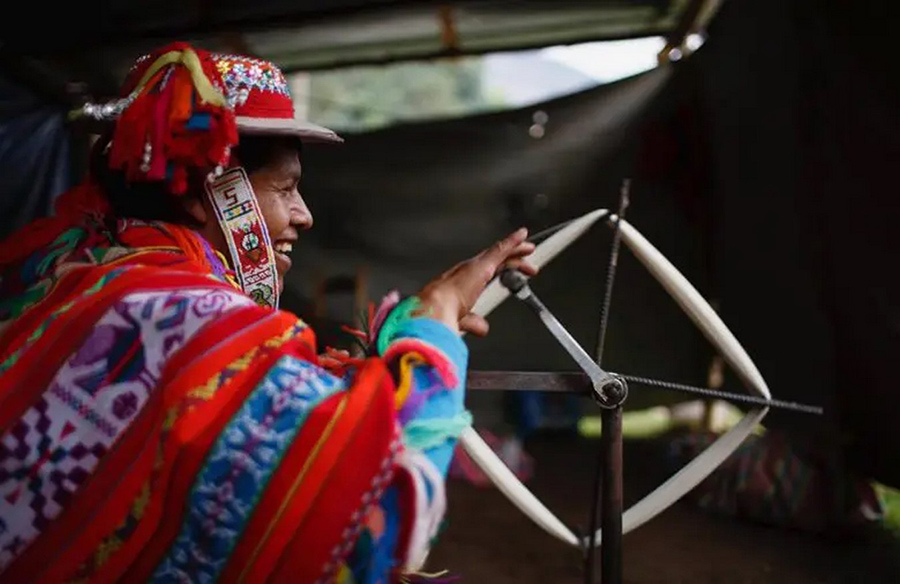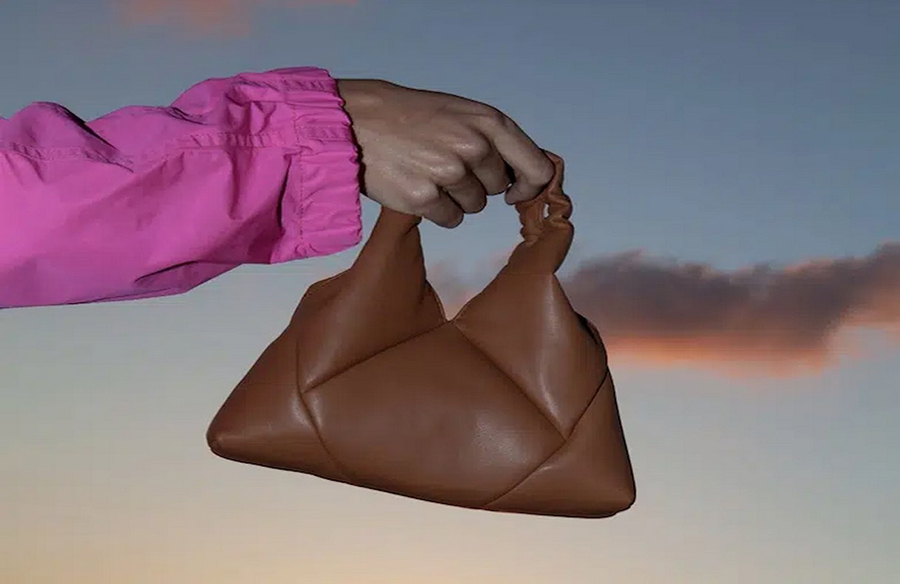Embracing African Elegance 16 Ethical and Beautiful Black-Owned Brands
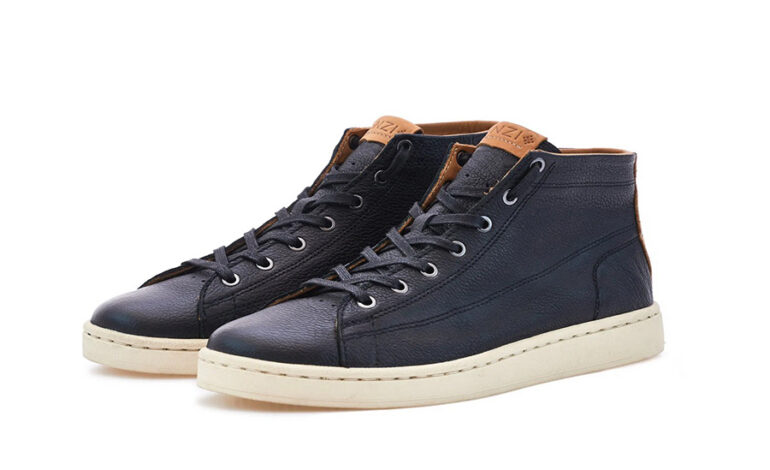
In recent times, African fashion brands have garnered attention and appreciation, marked by an upswing in support during protests against police brutality in 2020. Beyond the activism, the allure of African fashion lies in its exquisite tailoring, originality, and high-quality craftsmanship. The good news is that you can now easily order these beautiful pieces online, connecting with the richness of African culture.
A Growing Movement
According to Emmanuel Ekuban, founder of Debonaire Afrik, there’s been tremendous growth with African brands venturing online, working with publications, and establishing their own stores. This expansion allows them to export to different countries and collaborate with the Western world, creating a dynamic connection.
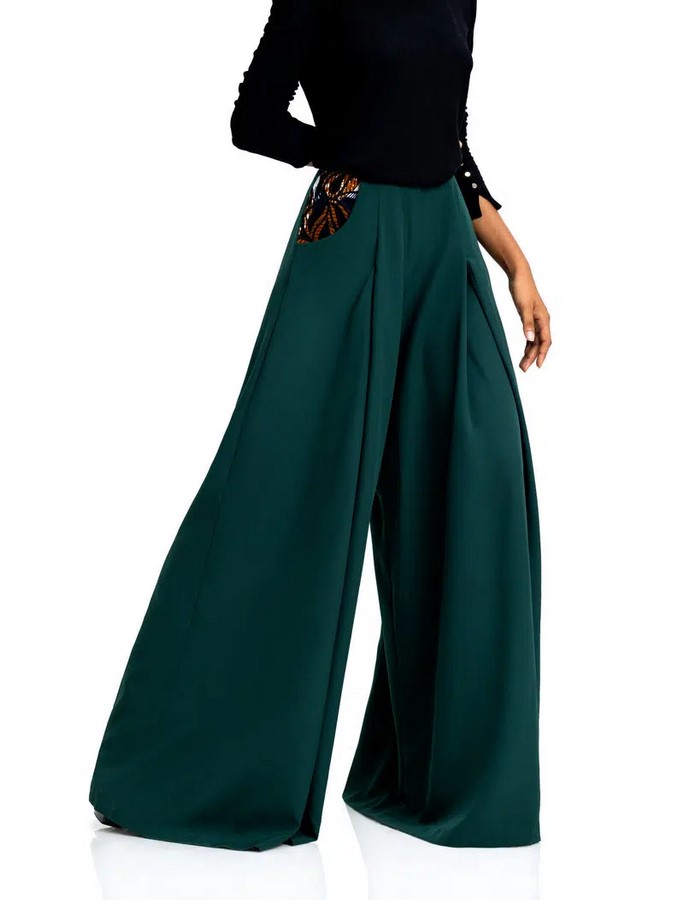
Diverse Aesthetics
Amira Rasool, founder of The Folklore, emphasizes the diversity within African fashion. Africa, ranging from Morocco to South Africa, is a continent with various cultures and ethnicities. Designers reflect this diversity in their creations, ensuring that African fashion is not confined to a singular aesthetic.
Sustainable and Slow Fashion
African fashion, particularly in West Africa, is experiencing a design renaissance. Many local brands embrace sustainability by supporting local production, using local materials, and exploring ways to add value to secondhand fashion. The emphasis on made-to-order by skilled artisans contributes to the inherently sustainable and slow nature of African fashion.
Luxury Rooted in Heritage
African fashion is synonymous with luxury, rooted in a rich heritage and unreplicable skills. Omoyemi Akerele, founder of Lagos Fashion Week, highlights the continent’s abundance of resources, from South African cashmere to Mali’s bogolan fabric. The handweaving, embroidery, and craftsmanship add a touch of luxury, with many processes still done by hand.
Ethical Considerations
While African fashion embodies luxury, it is essential to view it with the same respect and desire afforded to Western luxury brands. Purchasing should stem from appreciation and support for the artistry, rather than a sense of charity. Ekuban advises against associating African brands with aid, urging buyers to appreciate and support them for their unique qualities.
Can Everyone Wear African Fashion?
The question of who can wear African fashion is nuanced. According to Ekuban, everyone, regardless of race, can embrace African fashion as a unifying expression of love. Rasool suggests that white people should be mindful of traditional elements in their choices, recommending solid colors over traditional patterns. The Folklore intentionally stocks items with broad appeal, ensuring they can be worn by individuals of any color.
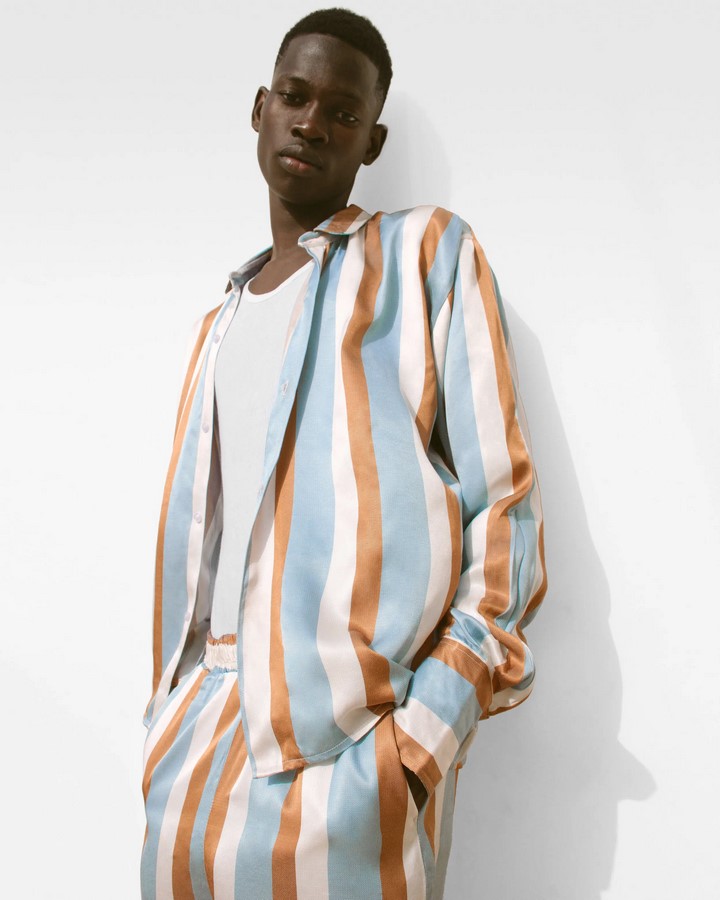
Explore These Black-Owned Brands
Now, let’s delve into a curated list of 16 Black-owned, ethical, and sustainable African brands that showcase the continent’s diverse, beautiful, and conscious fashion.
- DIARRABLU (Senegal)
Designed using mathematical concepts, DIARRABLU creates sustainable pieces with iconic prints. Their collections, produced in Dakar, Senegal, feature structural cuts, bold prints, and sustainable fabrics like Tencel.
- The Folklore (New York & pan-Africa)
A New York-based concept store, The Folklore, offers exclusive styles from top African and diaspora brands. It emphasizes exclusivity and sustainability, supporting local artisans in South Africa, Nigeria, Ghana, Morocco, and Cote D’Ivoire.
- A A K S (Ghana)
Founded by Akosua Afriyie-Kumi, A A K S handcrafts vibrant bags in Ghana, incorporating ancestral weaving techniques. The brand creates sustainable jobs within Africa and aims to showcase the spirit and durability of traditional designs.

- Kente Gentleman (Côte d’Ivoire)
Kente Gentleman delivers elegant and contemporary clothing, showcasing the rich textile heritage of Africa. Every product is meticulously crafted from fabrics made in Africa, supporting local weavers, tailors, and artisans.
- Cee Cee’s Closet (New York & Nigeria)
Founded in New York, Cee Cee’s Closet celebrates West African prints through unique headwraps, accessories, and clothing. Designs are created in New York and handmade by artisans in Nigeria.
- Allëdjo (Senegal)
A unisex brand from Dakar, Senegal, Allëdjo specializes in 100% silk shirts. Their unique pieces reflect a commitment to quality craftsmanship and sustainable practices.
- Studio One Eighty Nine (Ghana & New York)
Co-founded by Abrima Erwiah and Rosario Dawson, Studio One Eighty Nine is a fashion lifestyle brand headquartered in Ghana and the U.S. The brand collaborates with artisanal communities, emphasizing traditional craftsmanship techniques.
- Lemlem (Ethiopia)
Founded by Liya Kebede, Lemlem partners with artisan studios to create modern designs using traditional African motifs. The brand’s sundresses, beach dresses, and tunics are made predominantly from natural cotton, supporting women artisans in Africa through the lemlem Foundation.
- SEKBI (Mali)
SEKBI’s ready-to-wear pieces showcase bogolan, a traditional mud-based textile printing technique from Mali. The brand’s eco-friendly dyeing process and high-quality cotton contribute to its commitment to sustainability.
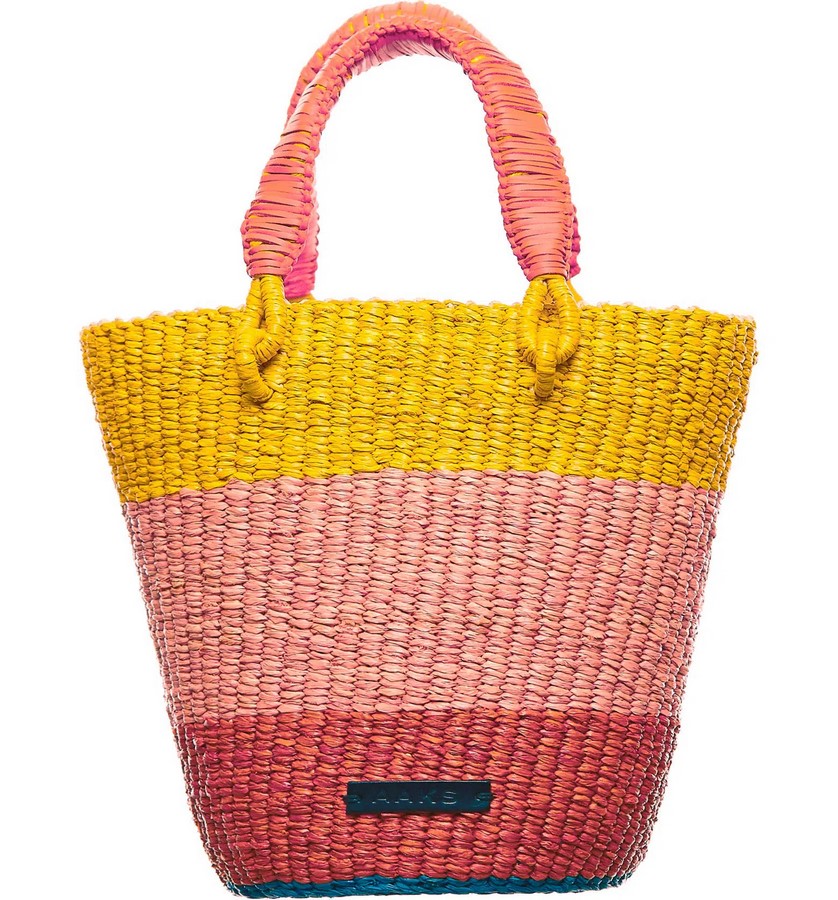
- Sarep + Rose (New York, Liberia, Kenya, Côte d’Ivoire)
Designed in New York by Liberian Founder Robin Sirleaf, Sarep + Rose’s bags fuse African materials and craftsmanship with Western design. The brand aims to make a positive social and economic impact on Pan-African society.
- Christie Brown (Ghana)
Founded by Aisha Obuobi, Christie Brown creates bespoke gowns and ready-to-wear pieces inspired by African culture and art. The brand combines traditional aesthetics with modern silhouettes.
- Enzi (Ethiopia)
Enzi is a premium footwear brand challenging global perceptions of Africa through design and artisanal production. Co-founder Jawad Braye ensures the brand exceeds international fair trade standards while using high-quality Ethiopian leather.
- Anyango Mpinga (Kenya)
As an eco-innovator, Anyango Mpinga explores circular fashion and biodegradable textiles. Her brand promotes conscious consumption and supports initiatives like Free As A Human, addressing labor practices in the fashion industry.
- Besida (Nigeria)
Atlanta-based Besida sources fabrics from local markets in Nigeria, creating ethically made clothing. The brand emphasizes a connection to its roots and ethical manufacturing within the country.
- Lisa Folawiyo (Nigeria)
Designer Lisa Folawiyo combines Ankara cloth with ornate embellishments, transforming traditional textiles into globally coveted prints. Her brand focuses on design integrity, with expert artisans hand embellishing each piece.
- Larry Jay (Ghana)
Larry Jay, a unisex ready-to-wear brand from Ghana, draws inspiration from nature and African cultures. With a commitment to ethical and social responsibility, the brand caters to fashion-conscious individuals.
In conclusion, these 16 Black-owned brands encapsulate the beauty, diversity, and sustainability of African fashion. By exploring and supporting these brands, you not only embrace unique styles but also contribute to a thriving and ethical fashion landscape.
